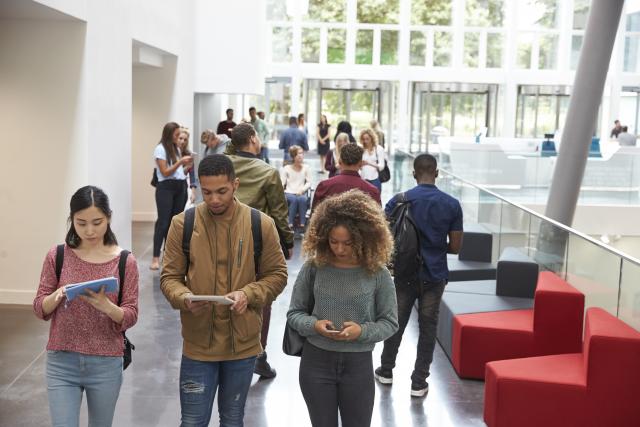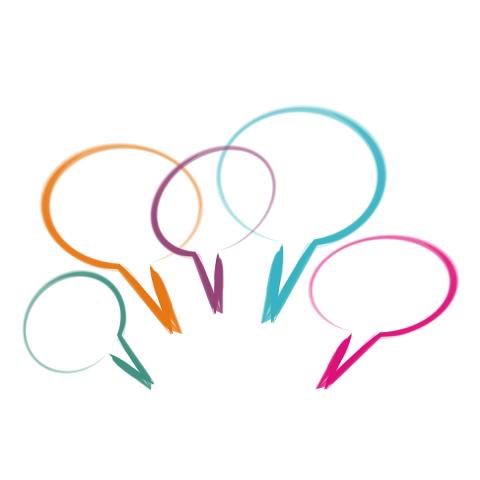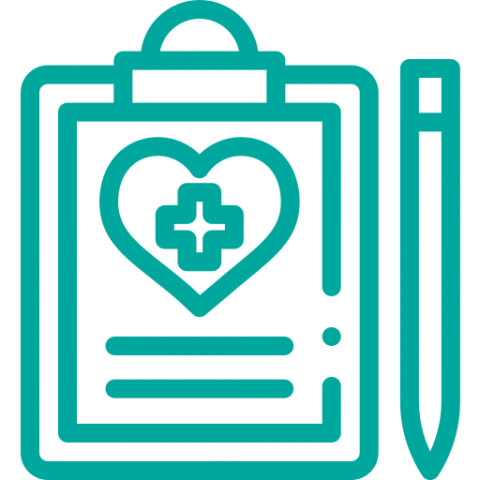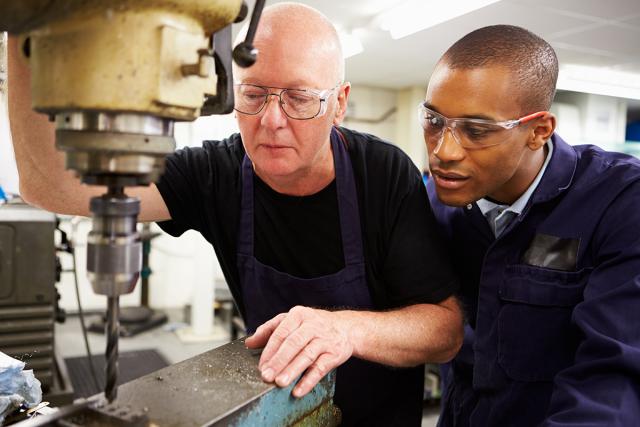Capacity Building on College Campuses

At NDC, we have worked with many colleges to assess their capacity to give deaf students access to the entire college experience. Looking beyond academic classes, colleges also provide various programs, services, and activities for all students, such as student organizations, residential life, athletic events, health services, study abroad, and on-campus work experiences.
Spotlight: Maryland School for the Deaf is Creating #DeafSuccess with their Work-to-Learn Program
The MSD Transition Department has two key components to meet their high school students’ career transition needs: Work-to-Learn (WTL) and World of Work. Both programs are a collaboration with the Division of Rehabilitation Services, which supports the programs with Pre-Employment Transition Services (pre-ETS) funding.
New Research from NDC: Closing the Gap on #DeafSuccess

Learning new things and gaining new experiences are an amazing part of life. Even after completing high school, learning opportunities like continuing education and training matter — even if it’s just taking a few college courses after graduation. Data analyses from the National Deaf Center on Postsecondary Outcomes (NDC) show that this is especially true for deaf people, who are more likely to have jobs, make more money, and be involved in their communities when they complete high school and continue their education.
Faculty Play a Key Role in #DeafSuccess

Deaf students are attending postsecondary institutions at higher rates than ever before, but the attainment gap has only slightly narrowed in the past decade. Faculty members play a central role in supporting accessible learning environments for deaf students in postsecondary education and training settings. Dr. Stephanie Cawthon, faculty member at the University of Texas at Austin, shares insights and data from NDC’s ACCESS survey.
The Importance of Student Feedback to Improve Campus Access

Every deaf student is different, with varying communication preferences that depend on people, setting, and contexts. With this in mind, disability services offices must take into consideration the experiences of deaf students to determine the most effective accommodations for each situation. To do this, you need to create opportunities for students to share their experiences and feedback about the accommodations they are using. Encouraging and actively seeking this feedback will strengthen student engagement and ensure students have equitable opportunities to participate in all aspects of the college experience.
Looking Beyond Academic Access
The legal minimum, while perhaps legally sufficient, does not ensure deaf students have full access to the same experience as their peers, both in and out of the classroom, nor does it guarantee positive outcomes. To foster inclusive settings for all students to thrive that go beyond just being “good enough,” access must be viewed as a multifaceted framework that is part of the policies and practices at every level of the institution.
Navigating accommodations in medical or clinical internship settings

Medical or clinical internships are an important step in getting a higher education degree or post-graduation employment. For deaf students, navigating communication access in these settings is vital to achieving #DeafSuccess. In fact, how to best get this access is a frequent inquiry through our NDC | help team. Our team has gathered information and resources to assist in planning, coordinating, and collaborating with students and sites to ensure the best possible internship experience.
Role Models Have a Big Impact on #DeafSuccess
Deaf role models offer support from a place of shared understanding and life experience. With deaf role models, deaf youth are more likely to strengthen socioemotional skills, self-determination, language skills, and explore more options after high school. They can also serve as aspirational goals for deaf youth, who often don’t see people like themselves in certain careers or portrayed in the media.
New! Disability Services Work Group at NDC: Connecting for #DeafSuccess

Work groups are intentional opportunities for professionals to work collaboratively to address issues across multiple levels of the system. NDC plans to continue bringing people together to identify solutions, share resources, and implement strategies in a variety of postsecondary settings. Going forward, this Disability Services Professionals group will meet quarterly online.
The next work group meeting will be held on Sept. 30, 12:45 ET/11:45 CT/9:45 PST. If you would like to participate in this work group, please contact Lore Kinast at lore@nationaldeafcenter.org. NDC is also currently running a work group on summer programming opportunities for deaf youth. To join, email Jennifer Higgins, at Jennifer@nationadeafcenter.org.
The Benefits of Mentoring

Mentoring is a valuable opportunity for anyone — but it is particularly impactful for deaf youth. Mentoring opportunities offer valuable experiences that contribute to personal, academic, and career development for deaf youth.
NDC Secures Second OSEP Grant for Another Five Years of Funding
We have exciting news to share! The National Deaf Center on Postsecondary Outcomes (NDC) has once again received funding from the U.S. Department of Education’s Office of Special Education Programs (OSEP). This means we can continue our work for another five years, and hopefully beyond!
Madison College Embraces Change for #DeafSuccess
NDC provides individualized support for creating more accessible environments and ensuring equitable experiences for deaf students on campuses across the country.
NDC spoke with Scott Ritter, director of disability resource and testing and assessment services, and Jana Mauldin, senior interpretation advisor and coordinator, from Madison College to tell us about their experiences partnering with NDC.





